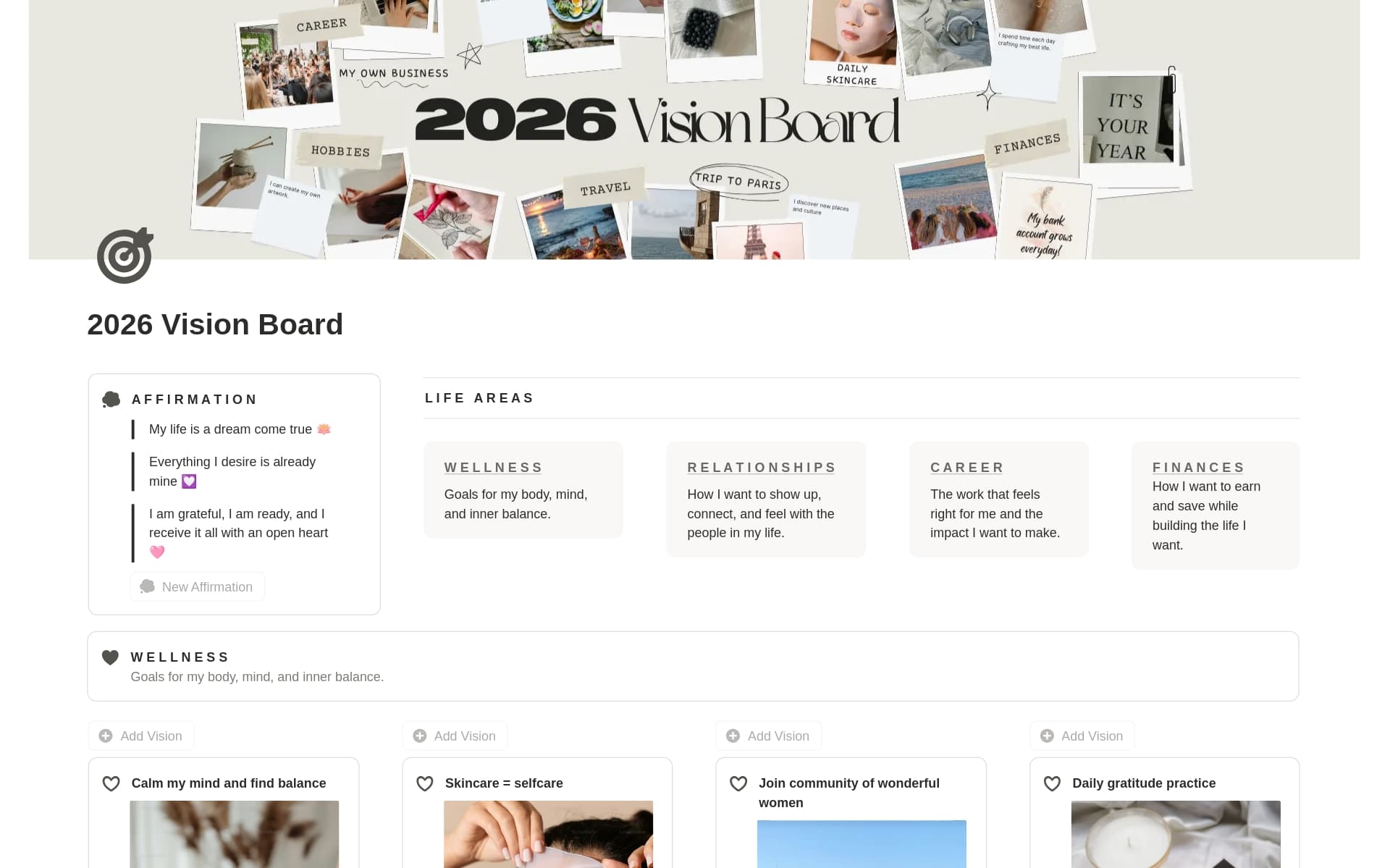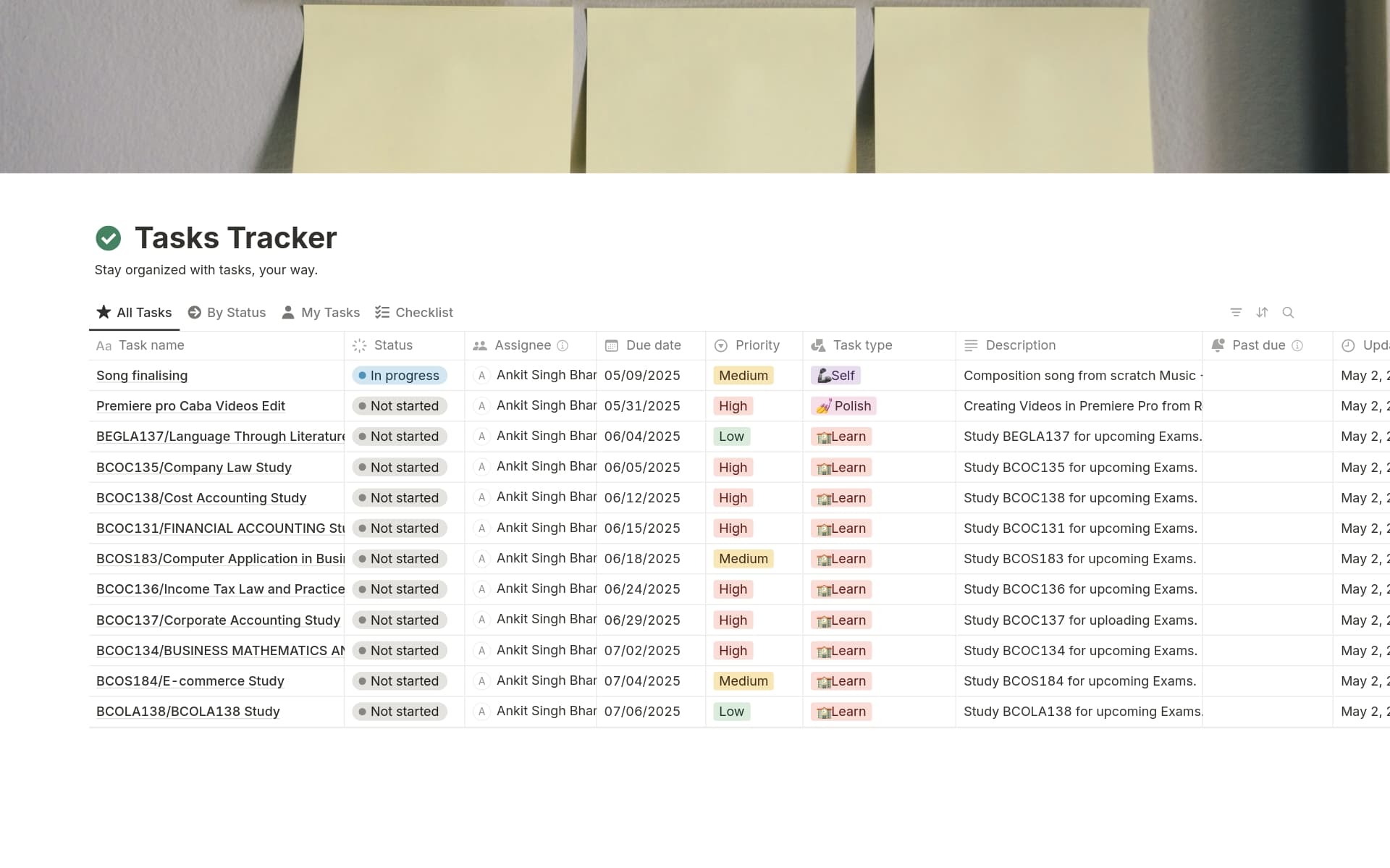Having a Team Workspace is crucial for fostering collaboration, maintaining organization, and ensuring that everyone on the team is aligned with their goals and responsibilities. A Team Workspace template in Notion can streamline the setup process, providing a structured environment that can be customized to fit the team's specific needs, from project tracking to resource management.
Before you dive into creating your own Team Workspace, consider exploring these Notion templates to make the process smoother and more efficient.
What Should Team Workspace Templates Include?
Choosing the right Team Workspace template in Notion can significantly enhance your team's productivity and collaboration. Here are key components to look for when selecting a template:
Task Management System: A robust task management system should allow for assigning tasks, setting deadlines, and tracking progress to keep everyone on schedule.
Integrated Communication Tools: Look for templates that include built-in sections for team discussions and updates to facilitate seamless communication.
Resource Sharing Capabilities: The template should have a well-organized section for sharing files, links, and documents, ensuring that all team members have easy access to necessary resources.
Customizability: A good template will offer flexibility, allowing you to tailor it to the specific needs and workflows of your team.
Selecting a template with these features will help you build a more efficient and cohesive team environment, making daily operations smoother and more effective.
What Should Team Workspace Templates Avoid?
When selecting a Team Workspace template in Notion, it's essential to be aware of certain features that might hinder rather than help your team's productivity and collaboration. Here are three key components to steer clear of:
Overly Complex Structures: Templates with too many layers and complicated navigation can confuse team members, leading to decreased productivity and collaboration.
Generic Task Labels: Avoid templates that do not allow easy customization of task labels, as generic labels can be irrelevant and may not reflect the specific needs of your team.
Fixed Workflows: Steer clear of templates with rigid workflow designs. Teams often need the flexibility to modify workflows as they evolve and adapt to new challenges.
Choosing the right template involves looking for simplicity, customization, and flexibility to ensure it complements your team's workflow and enhances efficiency.




